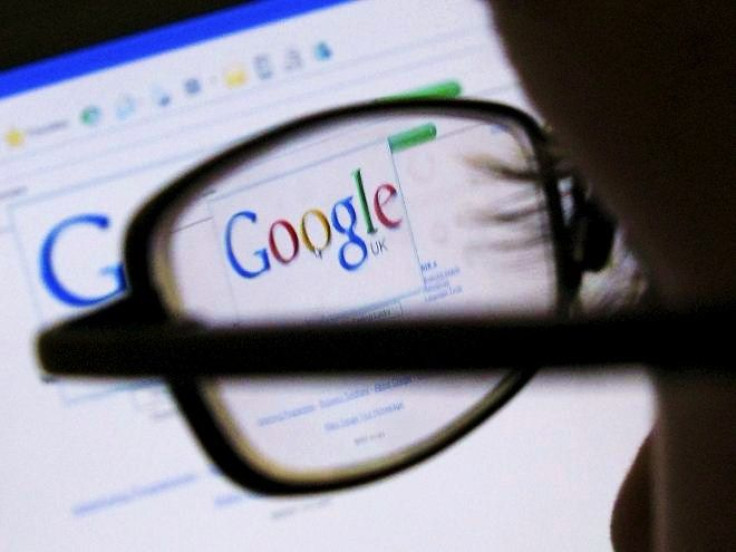Dr. Google Misdiagnoses 25% of Women, 50% Wrongly Self-Medicate

Women who face unexplained health problems are almost twice as likely to check online before going to the doctor, according to a new study which also revealed that one in four British women has misdiagnosed themselves on the internet.
After checking for their unexplained medical problems on the internet, it was also found that half of the 1,000 women in the study would then buy a product they think will cure their illness.
‘Dr. Google’ is now the first port of call for women with genuine health concerns, even though it rarely gives an accurate diagnosis, according to experts.
The trend of searching symptoms online and self-medicating has led a tenth of British women to endure unpleasant side effects as a result of their misdiagnosis.
A fifth of the women studied had at some point wrongly suspected that they had a serious disease, and the most common false alarms were misdiagnosis of breast cancer, thrush, high blood pressure, asthma, and arthritis.
The study also found that the symptoms most likely to make women consult Dr. Google were sleep problems, headaches, depression, anxiety and muscle spasms.
While nearly three quarters of the women in the survey said that they had some health issues that they weren’t comfortable talking to friends and family about, researchers found that over a quarter of participants fear talking to their doctors about symptoms they themselves find embarrassing.
Because of waiting times, 30 percent of participants visited the doctor only as a last resort, and half of participants said that they would always try to cure themselves and seek medical advice only if the problem didn’t go away.
A third of women reported having spent at least two weeks worrying about their potential ailments, and one in twenty women studied reported to have spent a number of years worrying about whether their symptoms were something serious before going to the doctor.
"There is an increasing trend towards using the internet to diagnose any irregularities or worries we have about our bodies,” Penny McCormick, a spokesman for Balance Activ, the feminine health brand that sponsored the study to mark UK’s National BV Day, said in a statement released on Wednesday.
"The web gives us a wealth of information that can be useful in reducing our worries until we're able to gain proper advice from a medical authority if it's needed, but the results show how easy it is to make mistakes when diagnosing ourselves,” she added.
The study was done to raise awareness of bacterial vaginosis, a common sexually transmitted disease, which is twice as prevalent as thrush that two-thirds of women are misdiagnosing.
If BV is left untreated, it could lead to more serious health implications like an increased risk of contracting HIV and other STDs like herpes, chlamydia and gonorrhea, being infertile and having a miscarriage if the bacterial disease is present during pregnancy.
"It's important we learn which information to trust online and that we're able to make the distinction between what can be self-diagnosed and easily treated, and what definitely requires the help of a medical professional. What can seem like a relatively harmless but embarrassing symptom could develop into something more serious so it is important for women to ensure they are asking the right questions and treating certain conditions effectively in the first instance," McCormick said.



























